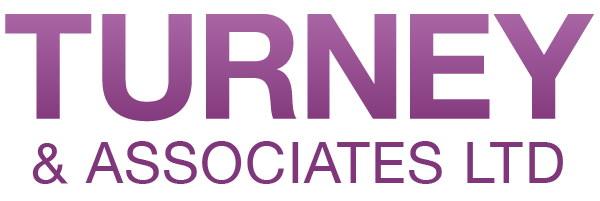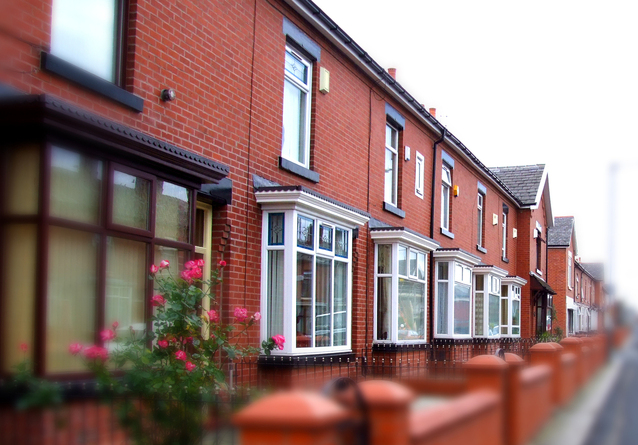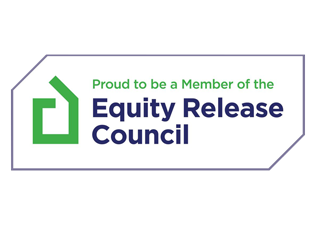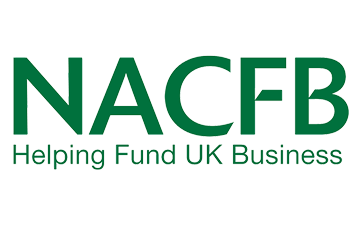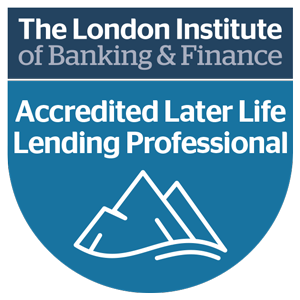Homeowners dream of the day they finally become mortgage free – but should you bring that happy day forward by overpaying your mortgage with savings?
Millions of households are presented with this dilemma as lockdowns leave those with unreduced incomes able to save more than they have been able to for decades. Households saved 29p in every £1 between April and June this year, according to official data.
The answer, on first sight, is straightforward. If the interest rate you are paying on your mortgage is higher than the one you are receiving on your savings, you should use savings to pay down your mortgage.
The gain of cutting your mortgage will more than offset the loss of interest on your savings. With savings rates at near-record lows, it is almost impossible to find one that is higher than your mortgage rate.
Easy access savings accounts pay just 0.23% on average, according to Moneyfacts, while fixed-rate bonds pay just 0.68%. Katie Brain, banking expert at financial information scrutiniser Defaqto, says ‘With a difference of at least 1% between savings and mortgage rates, it is definitely a good idea to consider overpaying on your mortgage, provided an emergency savings fund has been established first.’
Yet the equation is more complex than it first appears. There are other points to consider.
1. A savings sum is useful
A savings nest egg can be invaluable if you have a financial emergency – the car or boiler breaks down or you find yourself facing redundancy.
Don’t pay down your mortgage if it means waving goodbye to an emergency fund.
David Hollingworth, loans expert at L&C Mortgages, says: ‘Once you’ve overpaid your mortgage, you can’t easily get it back again. ‘You would need to remortgage or get a further advance with your lender. This process entails everything that goes with getting a new mortgage. It’s possible, but a drawn-out process.’
2. Watch out for fees
Most mortgage providers allow you to overpay up to 10% every year without incurring early repayment charges, but charge steep fees beyond that amount. Check your lender’s policy before overpaying.
3. Pay off other debts first
Your mortgage is likely to be one of your lowest-cost debts. Credit card bills, unsecured loans or overdrafts should be paid off first.
4. Consider alternatives
You could pay into your pension instead. Pension payments benefit from tax relief. This means if you pay £80, the Government will top it up with tax relief worth £20. If you are a higher-rate taxpayer, you receive twice the amount of tax relief. If you will not need the money before the age of 55 (or 57 from 2028), putting money in your pension may be more lucrative. If you are already drawing your pension, you can only pay in new sums up to £4,000 a year and benefit from tax relief.
Investing some of the money is another option. But there is no guarantee you would make more from investing than from paying down your mortgage – and you could even lose money.
5. How would you feel?
If debt makes you anxious, the relief of paying it off quickly could make it all worthwhile.
Carla Morris, director of wealth manager Brewin Dolphin, says ‘’For some people, being debt free is important. Other people are less bothered about having manageable debts. If debt causes you anxiety, it may be worth paying off your mortgage sooner, even if you could earn an extra percentage point or two using the money for a different purpose.’
… and reasons you should
Take, for example, a borrower with a £150,000 repayment mortgage at an interest rate of 2% over 25 years. Their repayments would be £635.78 a month.
- If they overpaid by £100 a month, they would cut the interest paid over the life of the mortgage by £7,295 and be mortgage-free more than four years early.
- If the borrower overpaid a lump sum of £5,000 and then kept monthly payments unchanged, they would save £3,146 over the life of the mortgage, and pay it off eleven months early.
Paying off a lump sum can be particularly advantageous if it will bring you into a lower loan to value (LTV) band. The lower the LTV, the better rate you can get.
- A borrower with a £165,000 mortgage on a £200,000 property looking to remortgage would face an LTV of 82.5%. On this, Lloyds Bank would offer a five-year fix at 2.2% with a £999 fee.
- But if the borrower could pay down an extra £5,000 the LTV would fall to 80%. Lloyds offers a five-year fixed rate of 1.77% with a £999 fee. In other words, the borrower would enjoy an interest rate 0.43% lower for the five-year term.
[Source: dailymail.co.uk/money/mortgageshome, 3 November 2020]
Want to know more? Get in touch!
Photo by jamie brelsford from FreeImages
